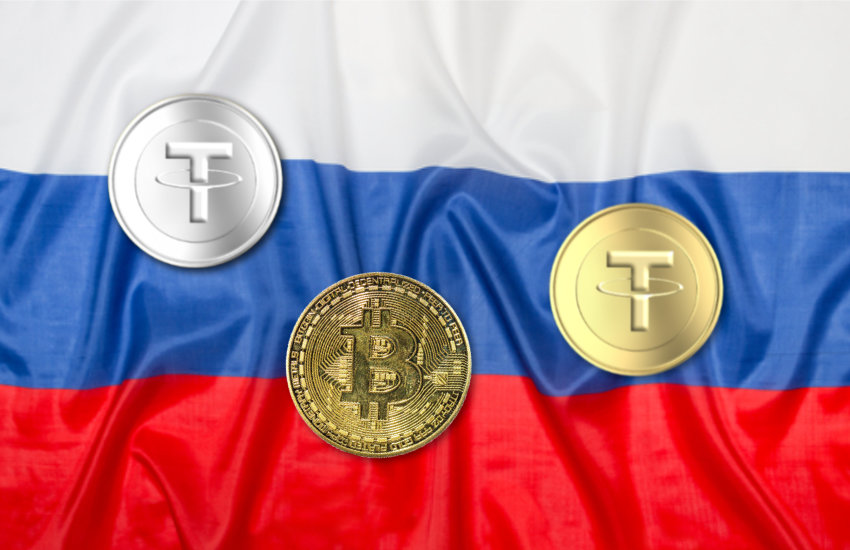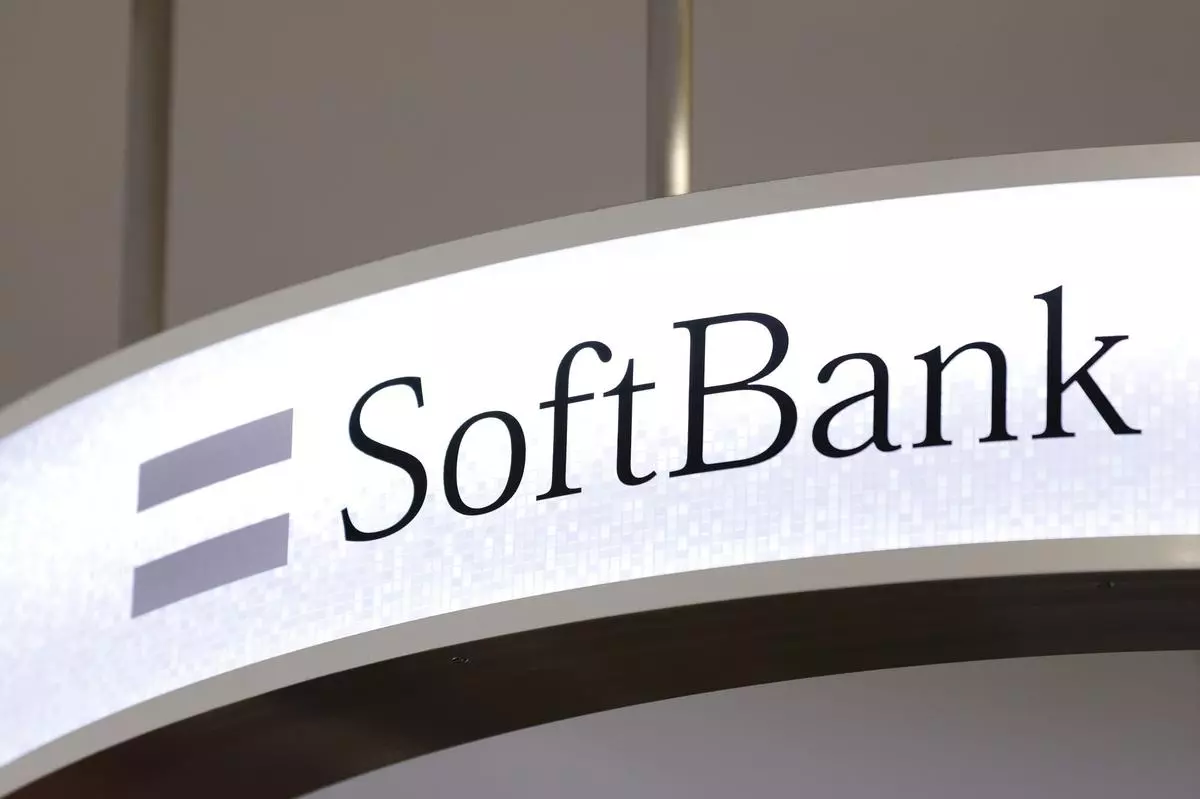Russia’s Federation Council approved a new crypto tax law classifying digital currencies as property, exempting mining and transactions from VAT.
On Wednesday, the Federation Council, the upper house of parliament in Russia, approved a government-initiated measure that delineates the taxation framework for digital currencies. This legislation was enacted during a plenary session, following its previous approval in the State Duma, the lower legislative chamber, the previous day.
The Russian Internal Revenue Code is used to classify digital currencies, including those used as payment instruments under experimental legal regimes, as property under the new law.
Russia’s Crypto Tax Law
This classification alleviates financial obligations for sector participants by exempting digital currency mining and sales transactions from value-added tax (VAT). Furthermore, authorized organizations’ services that facilitate transactions within these experimental administrations will be exempt from taxation.
One significant provision requires mining infrastructure administrators to report data on individuals who use their systems to tax authorities. The revenue generated from digital currency mining will be classified as taxable income and used to calculate personal income tax. Danil Volkov, the director of the department of the Russian Finance Ministry, has stated that businesses that engage in mining activities will be subject to the standard corporate income tax rate.
In order to become law, a measure must pass multiple readings in the State Duma, receive approval from the Federation Council, and receive the president’s signature during the legislative process. The legislation will formally establish a comprehensive taxation framework for digital currencies in Russia with President Vladimir Putin‘s anticipated endorsement.
The law is indicative of Russia’s overarching initiative to regulate the cryptocurrency market in the face of intensifying global scrutiny. The taxation of mining revenue will be determined by the value of assets on international exchanges.
For the majority of earners, the personal income tax rate for digital currencies will remain at 13%. However, commencing in 2025, the rate will increase to 15% for annual incomes exceeding 2.4 million rubles. These measures are designed to promote controlled development in the sector and contribute to public revenue by ensuring transparency, legal clarity, and alignment with national economic objectives.



